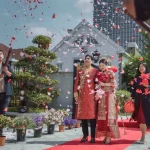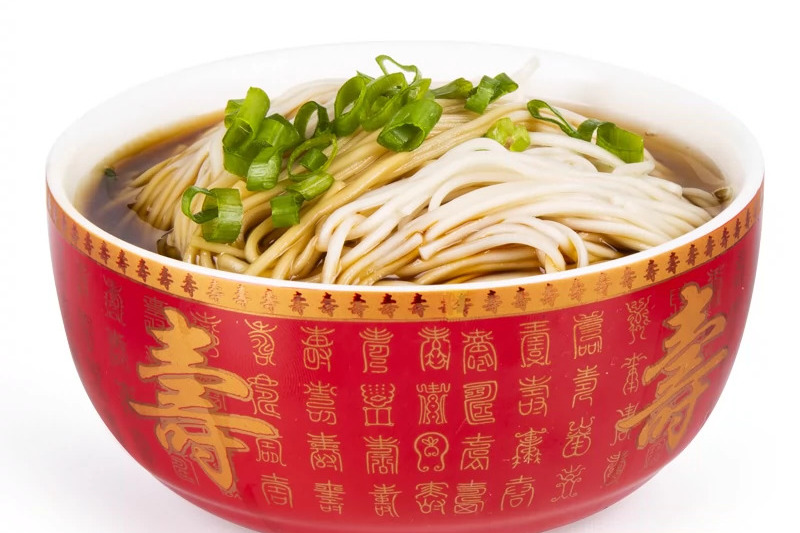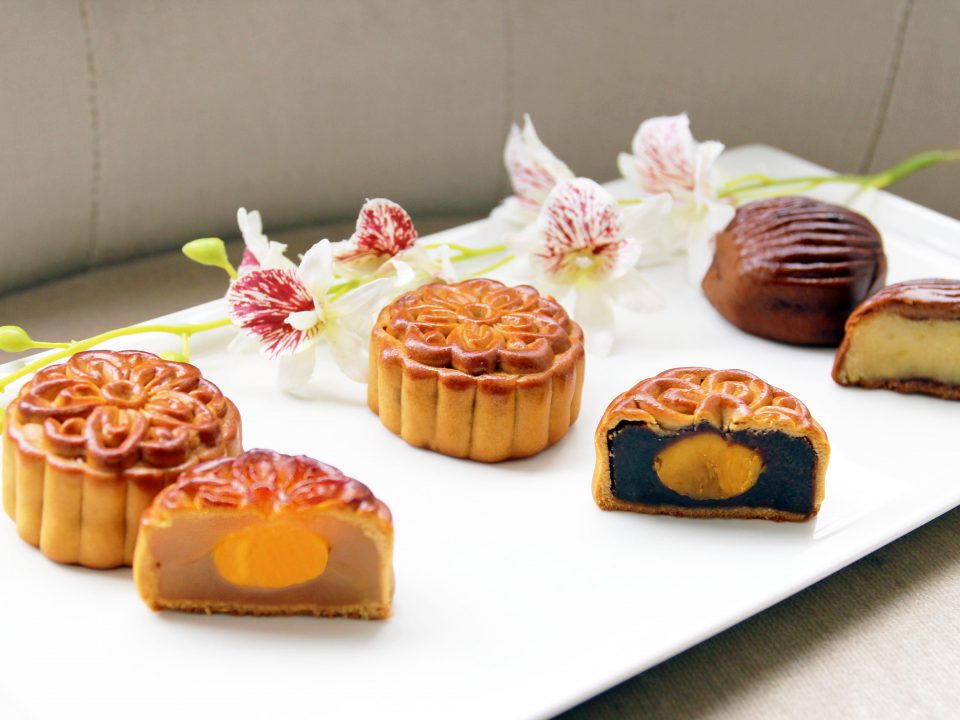
Mid-Autumn Festival and the Culture of Family Reunion in China
2025-08-22
A Deep Dive into Chinese Wedding Traditions and Customs
2025-10-07
Birthday celebrations in China are a fascinating blend of ancient traditions and contemporary practices. While Western-style parties with cakes and candles are increasingly common, especially in urban areas, traditional Chinese birthday traditions still hold significant meaning, particularly for honoring elders and marking important milestones. Understanding these customs offers a deeper insight into Chinese values surrounding family, longevity, and respect.
Traditional Roots: Emphasizing Longevity and Family
Historically, birthday celebrations in China were not as individually focused as in the West. The primary emphasis was often on the birthdays of elders, especially parents and grandparents, as a way to show respect and wish them longevity. The concept of ** longevity (长寿 – chángshòu) is central.**
Key traditional elements include:
- Longevity Noodles (长寿面 – Chángshòu miàn): Perhaps the most iconic Chinese birthday tradition is eating extremely long, uncut noodles. The length symbolizes a long life. These noodles are often served in a simple broth or stir-fried and must be eaten without breaking them to avoid “cutting short” one’s life.
- Red Eggs (红鸡蛋 – Hóng jīdàn): Colored red eggs are another traditional symbol, particularly for children’s birthdays or a baby’s first month celebration (满月 – Mǎnyuè). Red signifies happiness and good fortune. Guests often bring red eggs when visiting a new mother.
- Peaches and Peaches Symbolism: Peaches are associated with immortality in Chinese mythology. Serving peaches or peach-shaped buns (寿桃 – Shòutáo) is a traditional way to wish someone a long life.
- Family Gatherings: For significant birthdays, especially those of elderly family members (like 60th, 70th, 80th), a large family dinner is often held. This gathering reinforces family bonds and allows younger generations to express filial piety (孝 – Xiào).
Milestone Birthdays: The Importance of Age 60
Certain birthdays carry extra weight in Chinese culture. The 60th birthday is particularly significant as it marks the completion of a full cycle in the traditional Chinese sexagenary calendar (Heavenly Stems and Earthly Branches). This is known as 还甲 (Huánjiǎ) or 过甲 (Guòjiǎ), essentially a “rebirth.” Celebrations for a 60th birthday are typically grand, involving large family gatherings and sometimes community recognition, symbolizing the beginning of a new life cycle.
Other milestone ages, like 70, 80, or 90, are also celebrated with great importance, focusing on honoring the individual’s life and wishing them continued health and happiness.
Modern Influences: Western-Style Celebrations
Globalization and changing lifestyles, especially among younger generations in cities, have introduced Western birthday customs. These include:
- Birthday Cakes: Perhaps the most visible change, birthday cakes with lit candles, often accompanied by singing “Happy Birthday,” are now common, especially for children and young adults.
- Parties: Themed parties, inviting friends (not just family), and exchanging gifts are increasingly popular.
- Personal Celebrations: Individual birthdays, even for children, are more frequently celebrated with personalized attention, differing from the traditional focus primarily on elders.
Blending Old and New
Today, many Chinese families blend traditional and modern elements. A child’s birthday might feature a Western cake alongside longevity noodles. A grandparent’s 60th birthday could involve a traditional family dinner followed by a smaller, more casual cake-cutting moment with younger family members. The choice often depends on the person being celebrated, family preferences, regional customs, and generational perspectives.
Understanding Chinese birthday traditions reveals a culture that deeply values family continuity, respect for elders, and the symbolic power of food. While modern practices are embraced, the core values of wishing longevity, expressing gratitude, and strengthening family bonds remain central to how birthdays are often celebrated. For more insights into Chinese cultural practices, visit our Chinese Knowledge Hub. Engaging directly with native speakers during birthday celebrations provides the most authentic understanding of these evolving customs.




